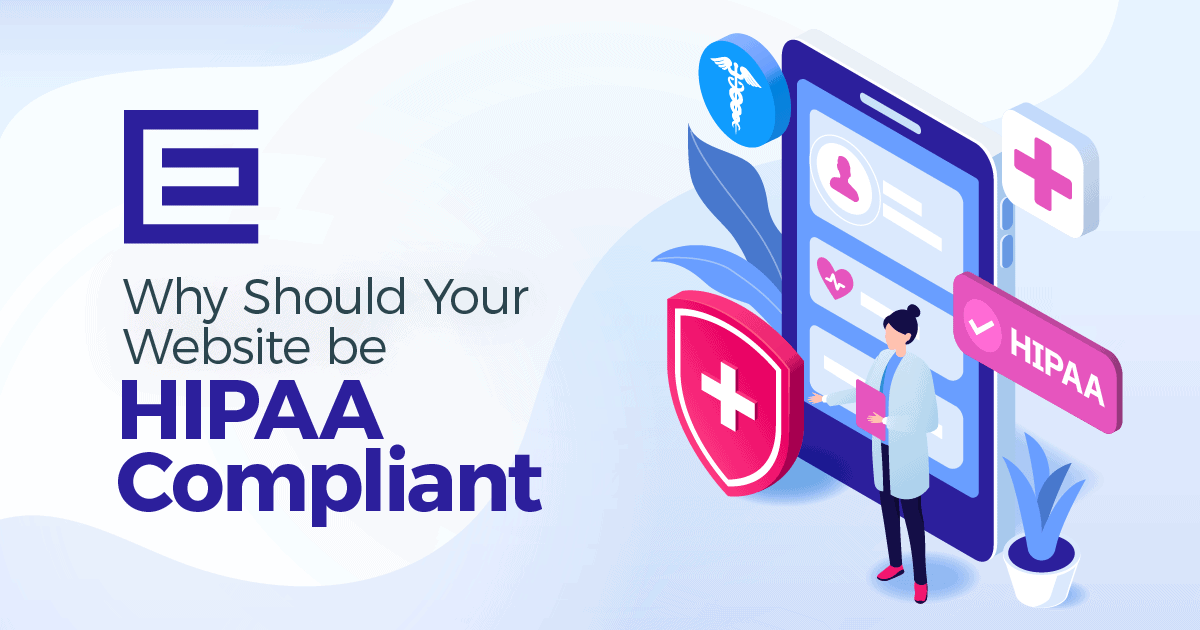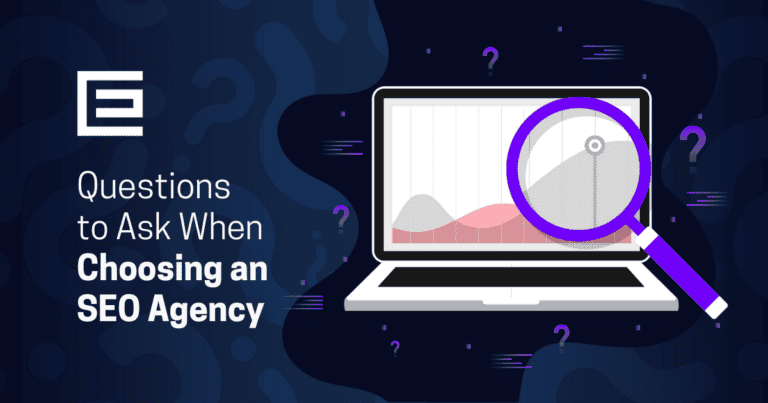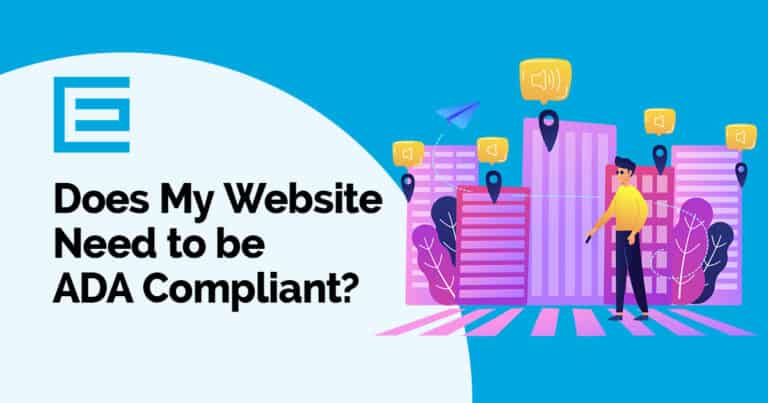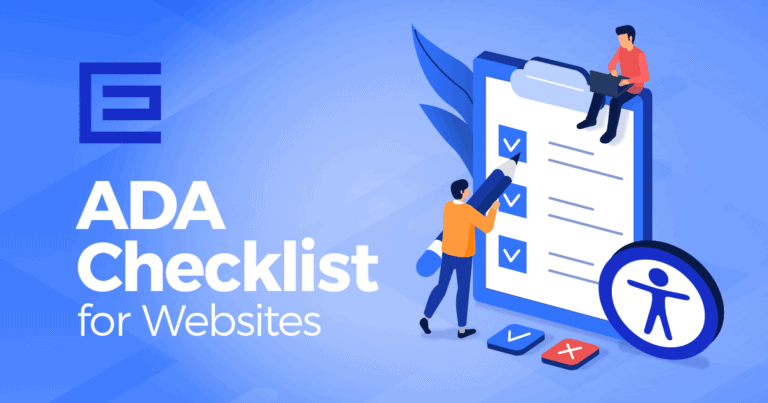Since the healthcare industry is constantly evolving, it’s important for businesses to keep up with new regulations. One of the newer regulations that apply to healthcare websites is the Health Insurance Portability and Accountability Act (HIPAA).

What is HIPAA?
HIPAA is an acronym for the Health Insurance Portability and Accountability Act, which was designed to give patients greater control of their health care. In addition, it implemented greater control over the flow of private health information that crossed state lines.
Late in March 2013, the Department Of Health and Human Services introduced a website that makes it possible for webmasters and site owners to ensure that their sites are not violating HIPAA by requiring permission forms to be signed by patients. The HIPAA website includes a list of forms to be used in conjunction with government-approved websites.
If you are a business that deals with protected health information (PHI), you should be using the HIPAA website to ensure that your sites are HIPAA compliant. This will help protect patients’ information and ensure that any risks associated with data handling are minimized.
Does HIPAA Apply to You?
HIPAA applies to any website that hosts or allows access to health information. This could include anything from website addresses and patient names all the way to credit card details. HIPAA also applies to any company that processes or stores health information. This could include things like doctors’ offices and hospitals.
Why Should Your Website be HIPAA Compliant?
Here’s why your website should be compliant with HIPAA:
1. HIPAA requires businesses to take steps to protect patient data. In order to protect patients’ information, businesses have to take steps such as encrypting data, keeping data secure, and abiding by privacy regulations.
2. HIPAA also imposes fines if businesses are not compliant. If a business is not compliant with HIPAA, they could face fines totaling up to $250,000 per day. This fine will continue to increase as the business becomes more non-compliant.
3. HIPAA also sets out expectations for businesses when it comes to data handling. For example, businesses must provide patients with clear and concise information about their health insurance, data security, and privacy.
4. HIPAA also requires businesses to keep track of their HIPAA compliant status. This information can be used to determine whether or not a company is a good fit for HIPAA compliance.
Overall, compliance with HIPAA is important for businesses of all sizes. It will help protect patients’ information and ensure that any risks associated with data handling are minimized.
How do you make your website HIPAA compliant?
HIPAA was created in order to regulate the use and handling of private patient information. Organizations that have websites must take a number of steps to comply with HIPAA. These steps might include:
- Start With an Orange Sign
The first way is to use an orange sign that says “HIPAA Compliance Not Available”. This will let users know that this website is not HIPAA compliant.
- Treating visitors’ data as if it were confidential
Data must be treated as if it were confidential to be compliant with HIPAA. This means that visitors’ information must not be shared with anyone outside of the company who is not authorized to receive it.
- Encrypting all data stored on the website
All data must be encrypted to comply with HIPAA. This helps protect against unauthorized access and helps to save money on security costs.
- Keeping all data safe from unauthorized access
All data must be kept safe from unauthorized access in order to comply with HIPAA. This includes ensuring that any PHI (protected health information) is handled in an appropriate way and that any encryption technology is used to protect data.
- Keep up to date with the latest HIPAA compliance developments
Keep up to date with the latest HIPAA compliance developments by reading our blog posts. This will help ensure that your website is staying compliant and that you are able to save money on security costs.
- Employ correct security measures
The unfortunate truth is that proper security measures can’t really be employed to maintain HIPAA compliance. The rise of technology has made it so that nearly everything is available to the public, and thus information like health or other personal information is often released by accident before it is even realized that it is a HIPAA violation. Perhaps the best way to maintain HIPAA compliance is simply to not put any single identifiable patient information online, especially on any type of web forum.
- Checking to see if any PHI is being handled in a sensitive manner
You should not give access to PHI to everyone in the office. The same goes for online access. You should also always send emails containing PHI through encrypted email servers. Another thing you can do is to partner with web hosting companies that have processes for protecting PHI.
- End with an Orange Sign
The last way to make your website HIPAA compliant is by using an orange sign that says “HIPAA Compliance Available”. This will let users know that this website is compliant with HIPAA.
Penalty for Noncompliance
If your website falls foul of HIPAA, it could face fines of up to $100,000 per violation. This is a serious punishment and could have a major impact on your business. So, why go ahead and comply with HIPAA? It could save your business a lot of time and money in the long run.
For A HIPAA Compliant Website, Partner With a Top Internet Marketing Firm
HIPAA compliance protects your data from unauthorized access, saves you money in the form of fines and protects your customers’ privacy. It also means that your website is trustworthy and easy to use.
We have all it takes to make your website HIPAA compliant and save you from facing heavy fines. If you’re looking to be compliant with HIPAA, start by contacting us at 919-341-8901 today.
Or learn how TheeDigital can help with your SEO and PPC needs.
Tags: Our Favorites





